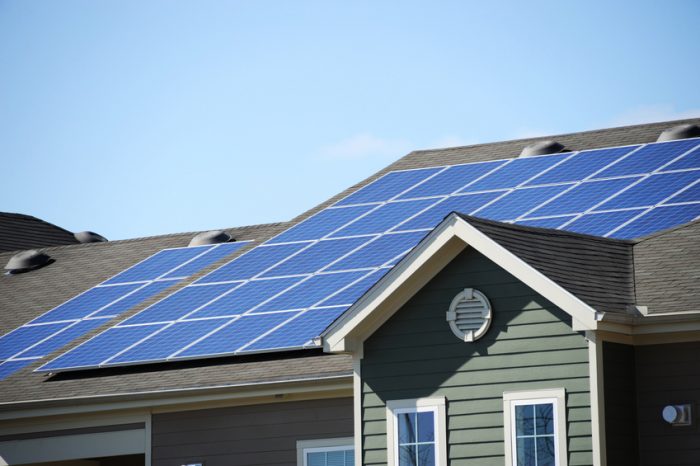It’s becoming more popular for homeowners to embrace a greener way of life. High-efficiency appliances are quite common, and some families want to explore alternate sources of energy to help preserve our planet’s resources. One such method is solar power. While solar energy has a lot of benefits, obtaining the proper permission to install a… View Article The post 6 Steps to Solar Power: How to Get Your Home Solar Panels Permitted appeared first on Scout Services.
Like other types of residential building permits, obtaining a solar permit can be tedious and complex, especially without professional permit services. If you’re looking to install a code compliant solar panel system at home, permit expediters will ensure everything moves quickly and smoothly.
But before you contact experienced permit expediters , you’ll probably want to learn a bit more about the process behind getting a permit for installing a residential solar panel system. Although it may seem a bit overwhelming, our permit services will help cut down on both time and confusion.
- Initial Home Inspection
If you’re planning on mounting your solar panels on your roof, you’ll need to get a roof inspection prior to applying for your solar permit. This is to guarantee that your roof will be able to bear the weight of the panels themselves. In addition, you may also need to have an electrical inspection performed, especially if you live in an older home. Even if you want to have a ground-mounted solar panel installation, you may still require an inspection (yes, from a soil engineer!). Certain types of soils require different footings for mounting purposes, so it’s important to find that out prior to applying for a permit. - Planning
Once your home has passed that first inspection, you can start planning your solar panel system. You’ll want to keep in mind how much energy your family uses on a regular basis. The average home will likely need a solar panel of around 600 square feet for adequate power. Of course, you’ll also want to consider cost. Since you’ll need to submit these details as part of your permit, make sure you address all of your needs. - Permit Application
This is where your permit expediters come in. For solar power installations, you may need both a building permit and an electrical permit, along with a separate solar power permit in many cities. Your permit expediters can help ensure you’ve included all of the necessary information and that the process won’t take as long. You will likely need permission from both your local permitting agency and your local utility provider. - Purchase and Install
Once you obtain your permission via permit, you can purchase your solar panels and have them installed. While some homeowners choose to install their solar panels themselves, most will use a contractor or roofing company to do so. When in doubt, you should get help from an expert. You’ll need an electrical diagram when you apply for your permit, so be sure to keep this on-hand during installation and the final inspection. - Final Inspection
Like any other kind of permit, you’ll need final sign-off on your project before it’s considered to be complete and compliant. After you’re finished with your installation, you’ll need to have it inspected by your permit enforcing agency. This inspector will make sure your panels match what you submitted in your plans and that all codes are followed for safety and efficiency. - Power Up
Once your solar panels pass inspection, you are free to start using them to power your home! Rain or shine, you can start benefiting from this popular renewable energy source right away.
If you need help speeding up the permit process, Scout Services is here for you. To find out more about our solar permit services, contact us today!


